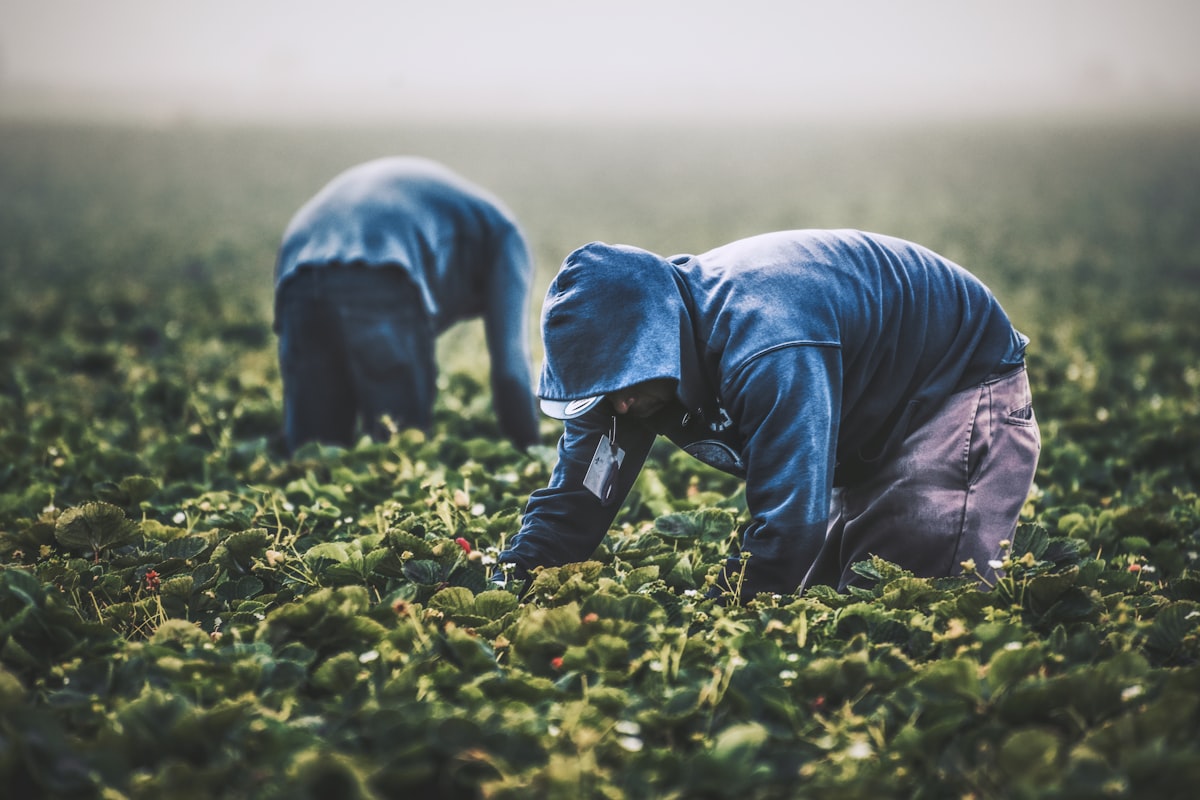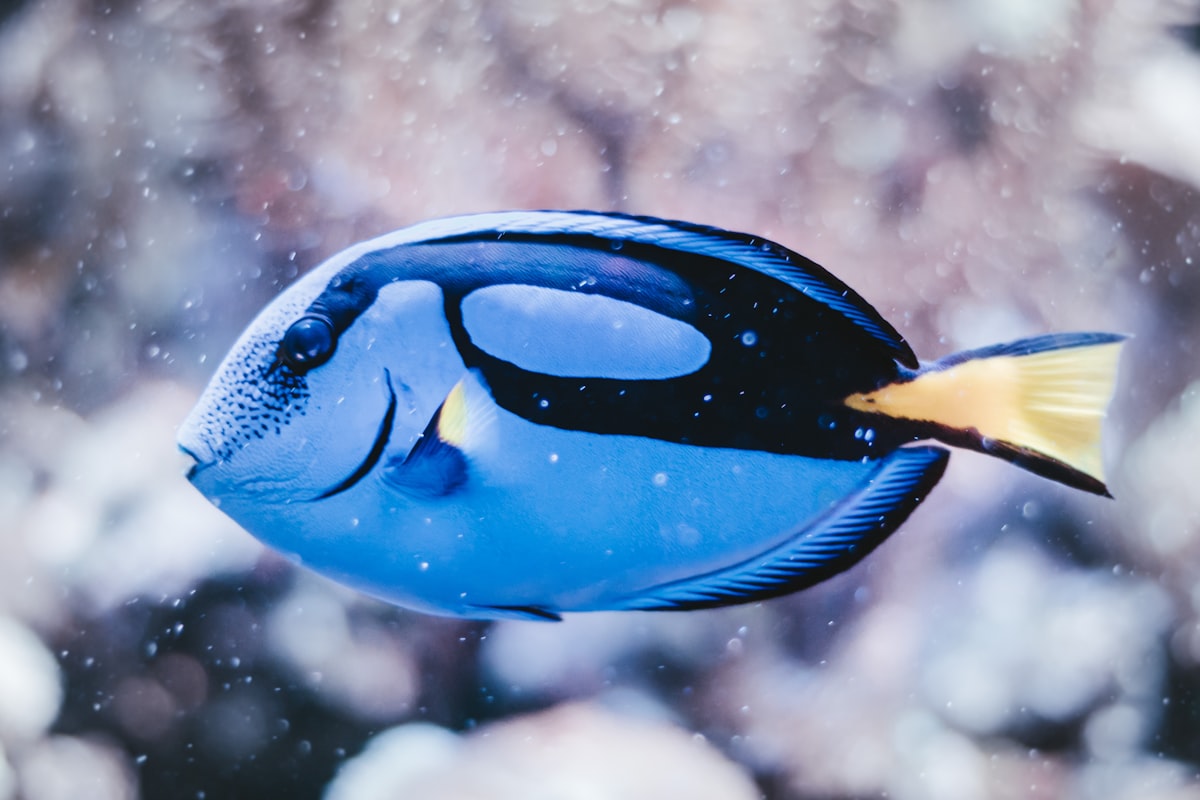Sustainable food production
In GCSE Biology curriculum, sustainable food production uses methods that..
- Food can be produced for consumption now
- Resources are conserved so that food can continue to be produced in the same way by future generations.

Fish stocks
The UK has one of the largest sea fishing industries but fish stocks in the oceans are declining. Usually in GCSE Biology curriculum, to reduce the amount of fish caught quotas has been set:
- The size of fishing nets has been reduced so that young fish are not caught, so that they can live to breeding age
- Quotas are set for certain species of fish to maintain breeding populations
- Areas of sea are left unfished to allow for spawning grounds

Food miles
Food miles is the distance food travels from were it is bought to were it is sold:
- Were the product is grown
- Packaging factory
- Distribution depot
- Supermarket
- Home
But, consumers are becoming increasing concerned about food miles because of their environmental effect: most of the transport used to transport food to where it is needed uses fossil fuels (e.g, planes, boats, cars etc.)

In GCSE Biology, the use of fossil fuels increases the amount of carbon dioxide in the atmosphere and therefore contributes to global warming.
You can reduce you food miles by..
- Buying products grown in Britain
- Buying locally sourced foods or from farmer's markets.
End of the topic!

Drafted by Gina (Biology)

